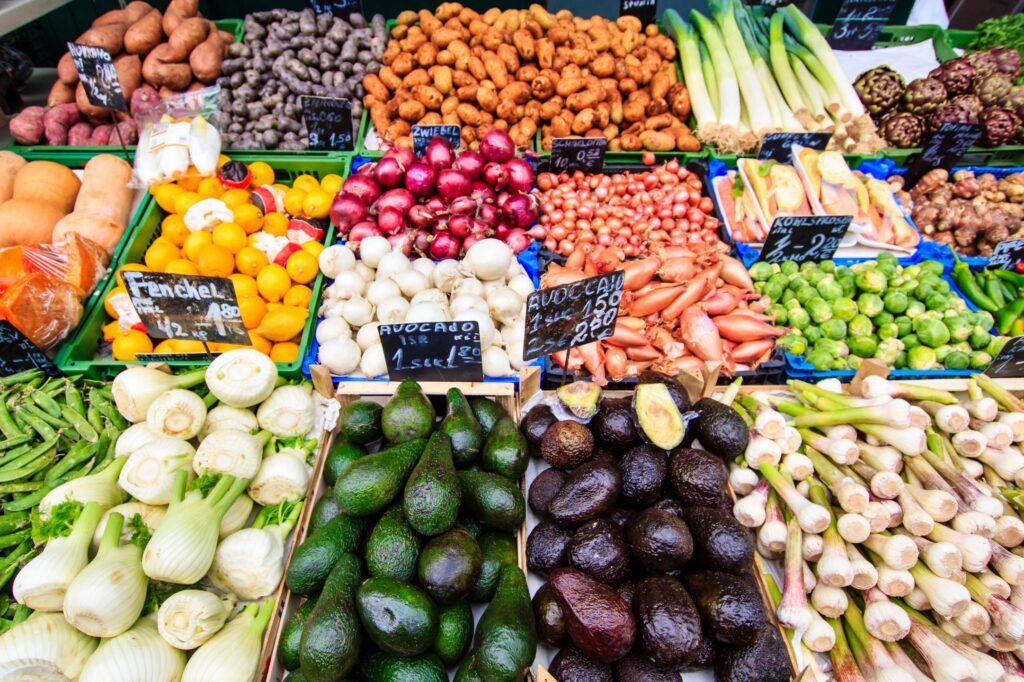
Living an organic lifestyle is not just about what you eat and drink, but it’s also about the way you live and interact with the environment.
It’s a commitment to sustainability, health, and overall well-being.
Organic gardening is a core component of living an organic lifestyle. It involves growing plants and
vegetables without the use of synthetic pesticides, herbicides, or fertilizers. Instead, organic
gardeners rely on natural methods to promote plant growth and maintain soil health. This can
include composting, crop rotation, and using natural pest deterrents.
One of the benefits of organic gardening is that it encourages biodiversity and supports local
ecosystems. By avoiding harmful chemicals, organic gardeners help protect insects, birds, and
other wildlife that may be negatively impacted by conventional farming practices.
In addition to gardening, living an organic lifestyle extends to other aspects of daily life. Choosing
organic food and beverages is a significant part of this lifestyle, as it promotes better health and
supports sustainable farming practices.
Beyond the food we eat, organic living can also involve using environmentally friendly products,
reducing waste, and minimizing our impact on the planet. This can include using natural cleaning
products, reducing plastic usage, and supporting sustainable fashion and household items.
Overall, living an organic lifestyle is a holistic approach to health and wellness that benefits both
individuals and the environment. It’s about making conscious choices that prioritize sustainability,
support local communities, and promote a healthier planet for future generations. Whether it’s
Through organic gardening, mindful consumption, or eco-friendly practices, every small step
toward living organically contributes to a more sustainable and harmonious world. Living an organic
lifestyle means making choices that are good for our bodies and the environment. This includes
eating foods that are grown without chemicals and pesticides, which are better for our health. It
also means using products that are made with natural ingredients and not tested on animals,
which helps protect the environment. Living organically also involves reducing waste and recycling
materials, which can make a positive impact on the world we live in. By living organically, we can
stay healthy and help take care of the planet at the same time. It seems like the main goal of the
document is to promote an organic lifestyle and raise awareness about the benefits of living
organically. The text emphasizes the importance of sustainable practices, healthy food choices,
and environmental consciousness. It seems like the main goal of the document is to promote an
organic lifestyle and raise awareness about the benefits of living organically. The text emphasizes
the importance of sustainable practices, healthy food choices, and environmental consciousness.
Energy conservation, another essential part of sustainable living, involves minor adjustments like
using appliances that save energy or light bulbs made with LED technology. Pay attention to turning
off lights and electronic devices when they are not needed; this helps reduce waste. Thinking about
renewable energy options for your house, like solar or wind power, can also help reduce the
amount of carbon dioxide you produce. Transport is another area where sustainable choices can
bring significant changes. Picking public transport, sharing a ride with others, and using a bicycle or
foot instead of driving alone help to lower greenhouse gas release and decrease your overall
environmental impact. If driving cannot be avoided, consider selecting a car with less fuel or an
electric vehicle.

